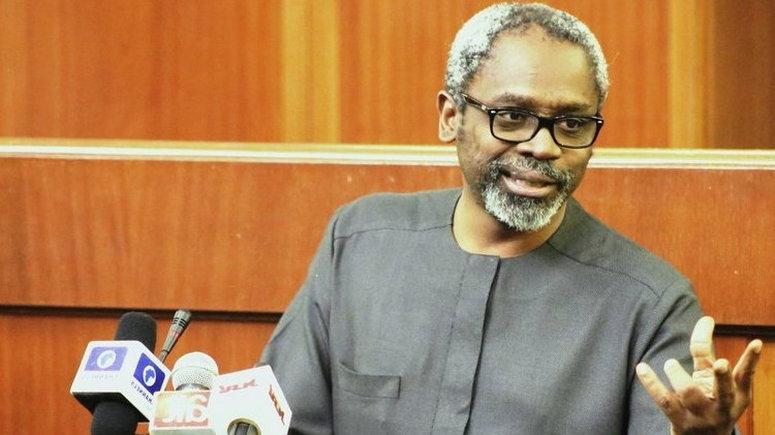The Speaker of the House of Representatives, Femi Gbajabiamila, has advised against over-regulation of the maritime industry as a measure to maximize its potential and economic benefits to the Nigerian people.
Mr. Gbajabiamila gave the advice in Abuja at the opening of a two-day public hearing on five bills aimed at reorganizing the nation’s maritime sector, organized by the House of Representatives Committee on Maritime, Safety, Education, and Administration.
Mr. Gbajabiamila said the National Assembly as an arm of government would continue to provide legislation that would allow private capital to thrive through investment and innovation.
“I have long believed and expressed that the primary role of government as it relates to private industry is to facilitate the conditions that allow private capital to thrive through investment and innovation.
“In performing this role, we must be wary of over-regulation. We must be careful not to over legislate in ways that become inimical to our objectives of advancing the growth and prosperity of the industry” Gbajabiamila said.
Reforming the maritime sector
Earlier, the Chairman of the committee, Linda Ikpeazu, noted that Nigeria, by any standard, is well endowed by ocean coastline, rivers, and rich marine biodiversity that must be tapped.
“These Bills seek to reform and reorganize our nation’s maritime transportation industry fundamentally. The overall objective of ensuring that this sector of our national economy operates optimally, is more attractive to investors and better suited to meet the needs of the people who rely on the maritime industry in various ways, including as a source of jobs and economic opportunity” Ikpeazu added.
Also speaking, the Minister of Transport, Rotimi Ameachi who was represented by the Deputy Director, Legal Services, Pius Oteh, rejected clause 16 of the NIMASA bill which seeks to allocate 12 percent of NIMASA revenue to the Nigeria Maritime University.
Mr. Ameachi said that in the existing law, there is a provision for NIMASA to support the university saying that increasing the percentage may affect the activities of the agencies.
He said that “the university already enjoys funding from the national budget, Universal Basic Education among other interventionist programmers.”
VON



